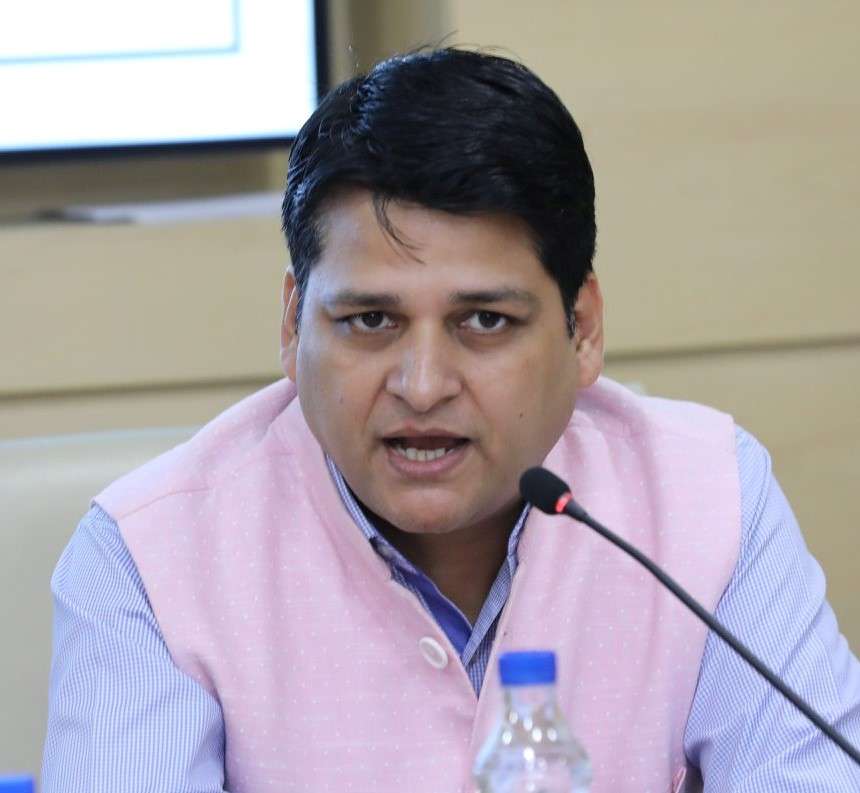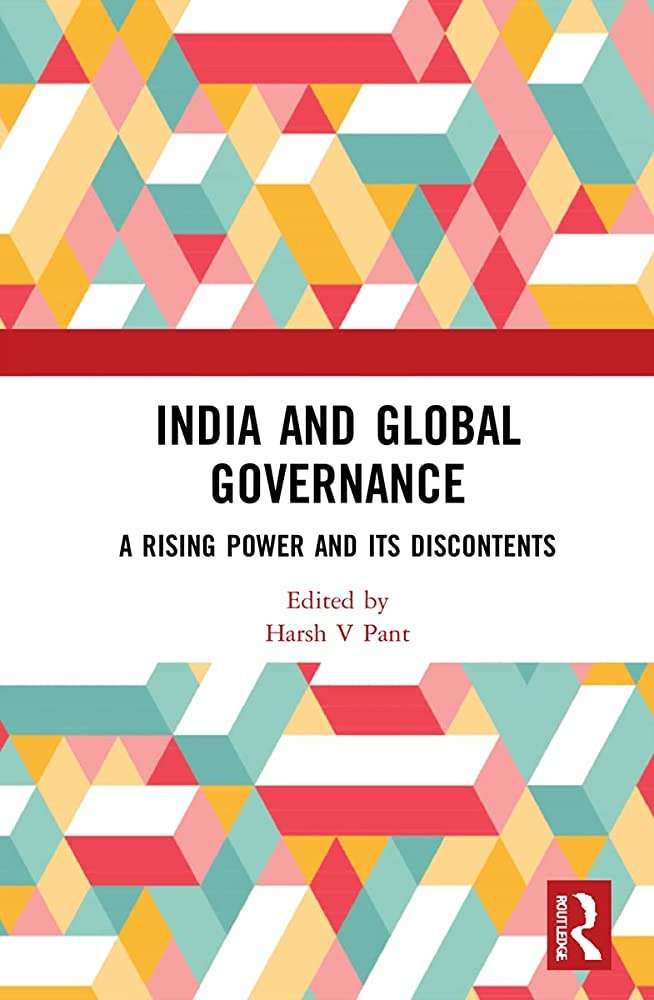India seeks to become an important player in global governance it being the world’s largest democracy and one of the fastest-growing economies. The Indian government has developed various models of multileveled economic and strategic engagements with other states from across the globe. India has also actively participated in various global governance forums, such as the United Nations, the World Trade Organization, and the G20. India has also played a crucial role in regional governance bodies such as the South Asian Association for Regional Cooperation (SAARC) and the Bay of Bengal Initiative for Multi-Sectoral Technical and Economic Cooperation (BIMSTEC).
It has been actively involved in global efforts to address different issues, such as climate change, terrorism, and nuclear disarmament. India is also a leading voice in advocating for the rights of developing countries and has played a key role in shaping the global development agenda. In response India’s growing role in the world, leading intellectual global circles have expressed their viewpoints on the Indian ambition for becoming a key global player parallel to maintaining a dominating position in its domestic region. In the debate of the increasing interest in global governance issues in diverse domains, Harsh V Pant’s recently published book cannot be overlooked because its edited volume provides a fresh account of Indian participation in the governing matters of regional and extra-regional affairs.
The edited book is ten chapters long containing arguments often different authors that has provided valuable insight into India’s evolving role in global governance and its impact on the international world order. The author is a British academician having expertise in International Relations while professionally he is associated with the King’s College London. The book India and Global Governance is divided into three parts, each part comprises of three brief chapters covering specific issues concerning the factors hindering the Indian vision of global governance. The contributing writers attempted to highlight the challenges and opportunities India faces as it seeks to shape the future of global governance and contribute to resolving global problems. The book’s discussion starts from the end of WWII and the emergence of the Cold War politics when the regional players of the subcontinent started enjoying an era of delocalization and preferred to take independent foreign policy decisions. The description of the initial Indian leadership and its efforts for laying down the foundations of the modern Indian system started reflecting serious Indian concerns about global governance. New Delhi’s relationship with global governance became an essential feature of Indian foreign policy, and it tried to highlight the great power politics under the slogans of non alignment. The debate ends in the last chapter by highlighting the position of New Delhi in the surrounding oceanic waters where the issues of maritime governance have brought various changes in Indian foreign relations and resulted in different designs of multilateral engagement of New Delhi with the other nations. It reflects New Delhi’s standing in the Indian Ocean Region (IOR), where China’s position primarily shapes the postures of Indian naval forces.

After formally introducing the main theme in the first chapter by explaining the status of Rising India and its ambitions for joining the multilateral alliances of great power, the first part of the book discusses the main platforms of the international community where India could become a prominent actor and an influential player. The transformation in its standing from peripheral to mainstream circles of the great powers originate from India’s trading potential, which is linked to its strategic aspirations. The second part of the book pointed out the Indian potential to become the world’s leading economy by joining and creating various models of trading engagements with economically developed nations. The desire to become a central point of global governance discussed the new structures of global government from where New Delhi could gain more support. The collection of chapters in three parts of the book is a comprehensive account of various arguments concerning the major challenges and opportunities for India in contemporary global affairs.
In short, the book talks about the position of India in regional and global politics with the belief that India is an important player in global governance and has made significant contributions to shaping the global governance frameworks. Its active participation in various global governance forums and its commitment to multilateralism makes it a crucial partner in global efforts to address various global challenges. The chapters by different authors tried to explain India’s standing in regional and extra-regional affairs. Therefore, it is an appropriate study to understand the nature of Indian foreign policy and its increasing global engagement cemented in the broader framework of multi-alignment policy. A structural change from non-alignment to multi-alignment has not only revised New Delhi’s foreign relations, it has enabled Indian leaders to explore numerous regional economic and strategic opportunities. The debate in the books presents the Indian point of view while providing logic for New Delhi’s various contradictory behaviours at the policy formulation and practicable implementation levels. The process of policy implementation creates various challenges for the Indian government, and it hampers New Delhi’s quest for becoming an active player in global power politics. Based on the analysis of the contributions of ten different writers, one can say that the book offers a wholesome collection of research essays addressing different topics concerning New Delhi’s vision of playing an active and influential role on the world stage. It is an appropriate study for people interested in understanding New Delhi’s drive to become an active and influential player in world politics.





